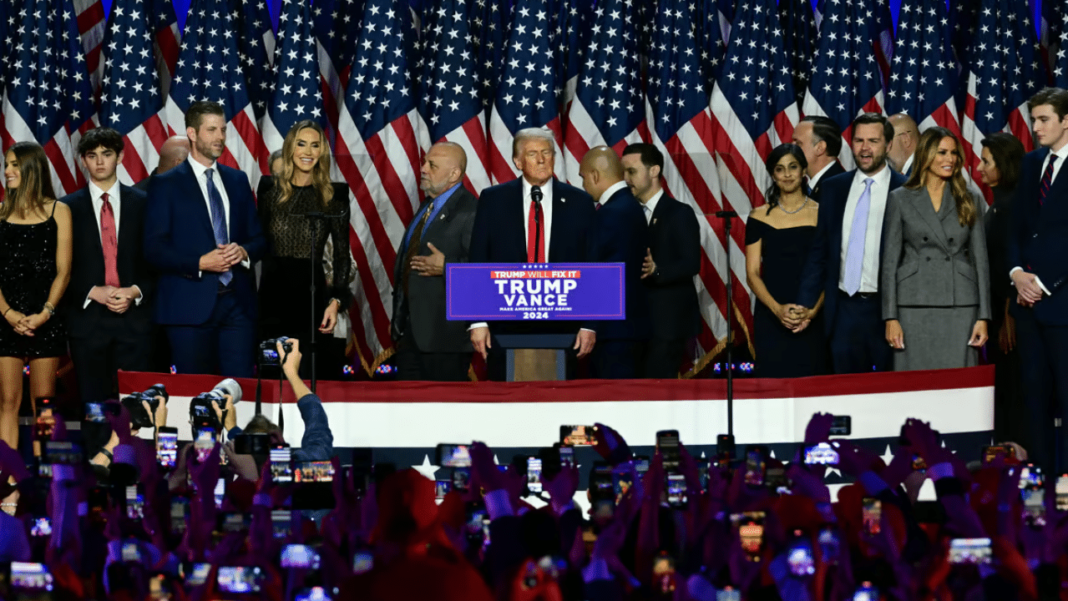In a historic turn for the cryptocurrency sector, more than 270 pro-crypto candidates have claimed seats across the U.S. Congress, a shift that could fundamentally reshape digital asset policy in the United States.
Data from Stand With Crypto, a Coinbase-backed advocacy group, shows that 261 pro-crypto representatives now hold seats in the House, compared to 116 who oppose crypto. In the Senate, there are 17 pro-crypto members and 12 against. This shift could lead to clearer and more supportive regulations for digital assets.
Coinbase CEO Brian Armstrong hailed the election as a watershed moment for the crypto industry, calling this Congress “the most pro-crypto Congress ever.”
Armstrong emphasized that the public’s clear demand for digital asset regulations helped secure critical victories for pro-crypto candidates across party lines. He also pointed to the defeat of long-time crypto critic Sen. Sherrod Brown (D-OH) by pro-crypto Republican Bernie Moreno as proof that “being anti-crypto is simply bad politics.”
Donald Trump’s re-election as the 47th president further fuels optimism in the industry. During his campaign, Trump positioned himself as a pro-crypto leader, promising to protect Bitcoin, oppose a central bank digital currency (CBDC), and promote U.S.-based crypto mining. The Republican Party’s new platform supports these goals, aiming to end what it calls an “un-American crypto crackdown” under previous leadership.
Industry leaders anticipate that a pro-crypto Congress will reduce regulatory uncertainty, creating a favorable environment for innovation and investment. Peter Kris, CEO of Gasp, noted that Trump’s policies could foster a more “pro-business” climate, encouraging institutional engagement in the crypto space.
Bitcoin markets, reacting to the election results, have shown significant volatility. Bitcoin’s price rose by 7.4% to around $74,000, with analysts predicting continued fluctuations as investors respond to this pivotal political shift toward digital assets.






